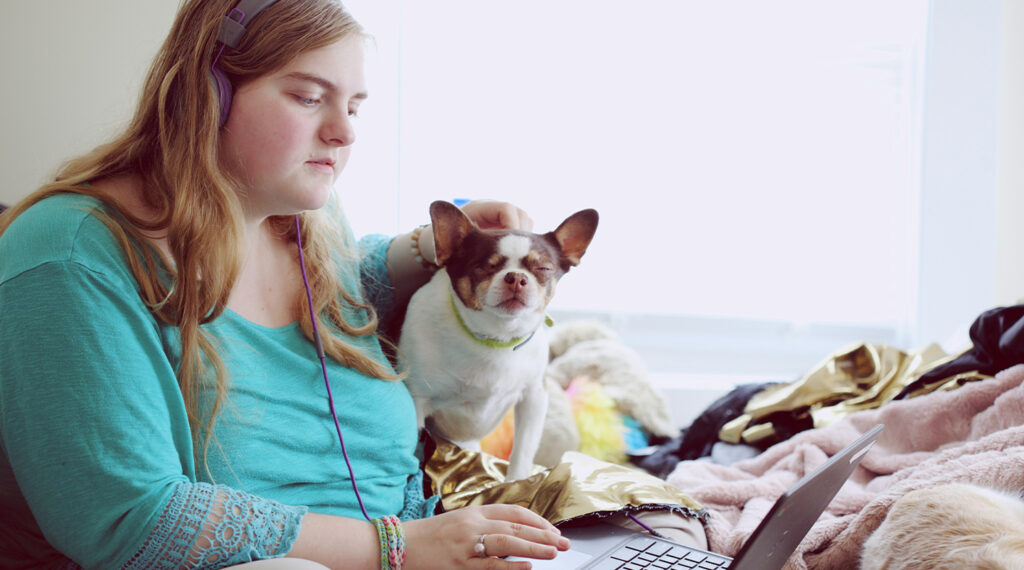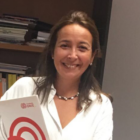Equal in the right to vote

In 2022, 27% of the European Union’s population aged 16 and older had some form of disability. According to Eurostat’s projections, this percentage corresponds to 101 million people, which translates to one in every four adults in the EU.
In 2011, the EU ratified the International Convention on the Rights of Persons with Disabilities, becoming the first international organisation to officially become a party to the Convention. This commitment aligns with the Convention’s objectives and measures, both for the EU and the 27 Member States that have ratified it.
Since 2011, there have been numerous regulatory advances to guarantee the rights of people with disabilities at the European level. The current European Disability Strategy, in force until 2030, aims to guarantee the protection of people with disabilities against all forms of discrimination and violence, as well as equal opportunities for access to justice, education, culture, sport and tourism as well as to all health services.
In this regard, the La Hulpe Declaration (Belgium) on the future of the European Pillar of Social Rights, made on 16 April 2024, renews the commitments of EU institutions and civil society for a stronger social Europe. We stand firm in our determination to achieve a social Europe, with the aim of creating social and economic progress, ensuring equal opportunities for all, quality jobs and fair working conditions, reducing poverty and inequalities, and promoting a fair and equitable transition.
The European Pillar of Social Rights is configured as a commitment and differential value of the EU. In this commitment, the actors and entities of philanthropy play a key role, as direct and indirect actors, to achieve a real impact on the daily life of European citizens and especially people with disabilities and their families.
In this context of regulations, commitments, and values, one of the priority axes must be universal accessibility, understood as a basic premise to guarantee the full participation of people with disabilities in the different aspects of life on equal terms with others.
Last year, the European Commission reinforced its commitment to accessibility and launched the European Accessibility Resources Centre (Accessible EU), one of the flagship initiatives of the European Commission’s Strategy for the Rights of Persons with Disabilities 2021-2030, led by the ONCE Foundation, with the aim of promoting the implementation of accessibility policies in the member states of the European Union.
An example of the need to advance in the effective exercise of the rights of people with disabilities as pointed out by the UN Convention of 2006, and of the importance of accessibility, is to guarantee the right to accessible voting.
Lack of accessibility is one of the main barriers for people with disabilities to exercise their right to vote. This affects the design of the ballots, the secret voting booths, and any information provided to voters through non-accessible electoral programs, debates, or political rallies.
In the last elections, it is estimated that about 400,000 people in 14 countries were deprived of their right to vote due to their disability situation, an aspect framed within the citizenship right of the European Union, so it is essential to ensure effective, accessible, autonomous, and inclusive electoral participation of all European citizens.
The upcoming European Parliament elections will take place from 6-9 June. Now that accessible technology allows us to overcome these barriers, it is necessary for this inequality to end.
By including a simple QR code on the ballots that provides additional information in various formats, people with disabilities could vote with complete autonomy, privacy, and equality, just like other citizens. Moreover, the QR code is an extended, easy-to-use format familiar to society at large.
Its use is simple since all mobile devices nowadays have mechanisms pre-installed in their cameras that allow the reading of this type of codes. Only two issues should be taken into account: the QR code must have a tactile signal, as indicated by the Spanish Braille Commission; and the content to which this code redirects must be created following accessibility criteria so that users can access it, regardless of whether they use a support product or not.
The EU has worked to guarantee the right to vote and to stand as candidates in municipal elections and the European Parliament for Union citizens residing in a country of which they are not nationals, recognising the need for voting to be accessible to people with disabilities. In this sense, the European Commission published on December 6 the ‘European Citizenship Package’, which includes a Guide to Good Electoral Practices for citizens with disabilities, highlighting the commitment to establish the QR code voting system.
Likewise, the Report on the 2024 European Elections of the Committee on Constitutional Affairs (AFCO) of the European Parliament, calls on Member States to guarantee accessibility to elections through the implementation of measures aimed at providing access to information and accessible voting methods, which includes the use of assistive technologies, formats, and techniques such as Braille, QR codes, large print, audio-based information, and tactile templates.
In addition, in the Declaration of the Spanish Presidency of the Council of the EU on the right to vote of people with disabilities, the Member States commit to promoting cooperation among them to ensure the full enjoyment of the rights of people with disabilities and to guarantee the exercise of the right to vote in elections to the European Parliament without restrictions.
When it comes to guaranteeing equal rights and opportunities to all members of society, there is a lot of work to be done, and even more so when we talk about the most vulnerable groups, such as people with disabilities. The philanthropy sector can and should use its resources, including its networks, experience and knowledge to support this equality. With this in mind, we want to thank Philea for its constant support to make this equal opportunities a reality, and especially to the member organisations of the Disability Thematic Network that, for many years, have been working side by side to build a sector that includes people with disabilities in their work, programs and daily activities to contribute to a world without barriers.
Authors

